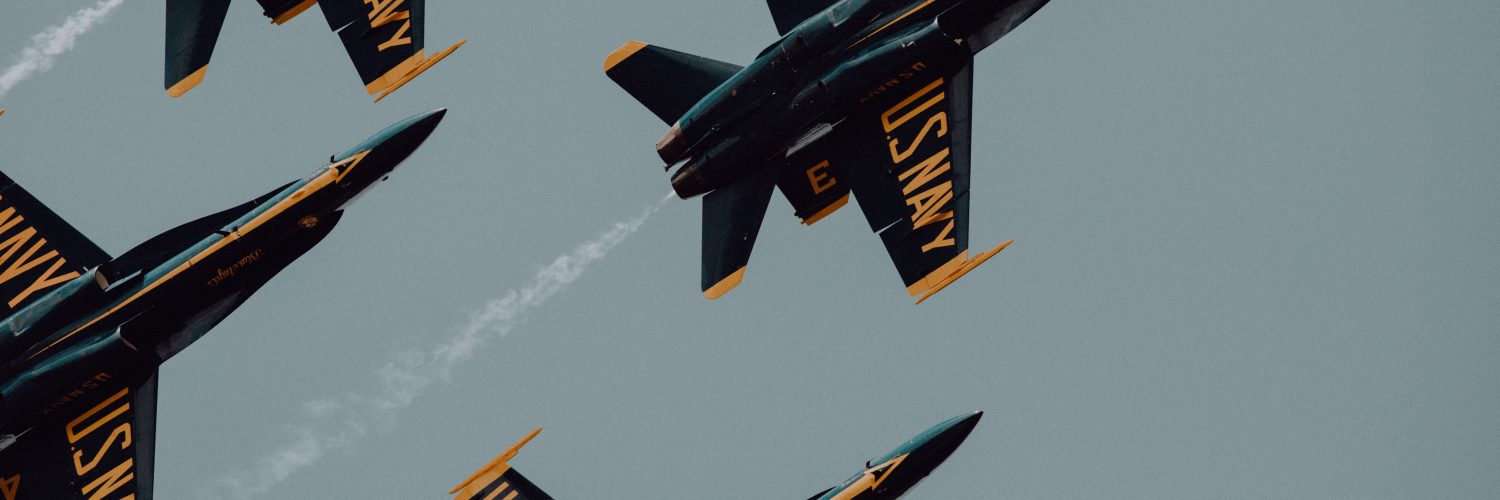In 2016, Tucson-based defense contracting company Raytheon successfully shot off a series of successful tests for its Coyote aircraft project. “The unmanned aircrafts, launched in a swarm, perform intelligence, surveillance and reconnaissance missions while the host aircraft remains in safe airspace,” according to the company.
Now, Raytheon is expanding on this success with a new deal with the Navy. Raytheon will advance this technology for the military branch by supplying swarms of smart drones that may one day deliver weapons on top of performing their already successfully tested duties.
Last week, the Pentagon awarded Raytheon a $29.7 million contract to build more prototype aerial drones. These drones will fall under the Navy’s Low Cost UAV Swarming Technology (LOCUST) program, the autonomous drone wing of the branch that aims to develop these swarms to collectively surveil a target.
Raytheon will operate the project out of its Tucson campus under the direction of the Office of Naval Research and will be completed by January of 2020. The contract was bid under a long-range research proposal solicitation, or “broad agency announcement,” from the Navy and Marine Corps. Raytheon’s expendable Coyote UAV’s, which are three feet long and weigh in at about 13 pounds, cost around $15,000 each. Altogether this is a huge cut in cost compared to developing reusable drones.
In 2016, Raytheon used a battery of tube launchers to fire off a swarm of 30 Coyotes that flew autonomously and in formation. Since then, it hasn’t been just the military that has shown interest in this defense tech. The National Oceanic and Atmospheric Administration took notice and hired Raytheon to develop and supply Coyote drones for gathering and transmitting weather data inside hurricanes.
Raytheon originally developed the Coyote drone alongside Advanced Ceramic Research Inc., a tech research organization founded by University of Arizona grad Tony Mulligan, an engineering major. Advanced Ceramics worked with the Office of Naval Research in the early 2000s to develop similar autonomous UAV’s.
Raytheon has been attached to Advanced Ceramics Research for some time now. The latter was acquired by defense company BAE Systems in 2009. BAE went on to sell it to Sensintel in 2013, which was acquired by Raytheon in 2015 and then streamlined into its Missile Systems business in Tucson.
Advanced has developed long-range recon drones previously for the Marine Corps and the Air Force. Known as the Silver Fox, the drone can fly automatic missions up to 180 miles away and stay in the air for 10 hours, or 20 hours with the help of diesel fuel.
If the software for the LOCUST swarm drones performs as well as expected, the Navy will then decide how to use the power of redundant autonomous aircraft moving together as a single unit through the sky.
















Add comment